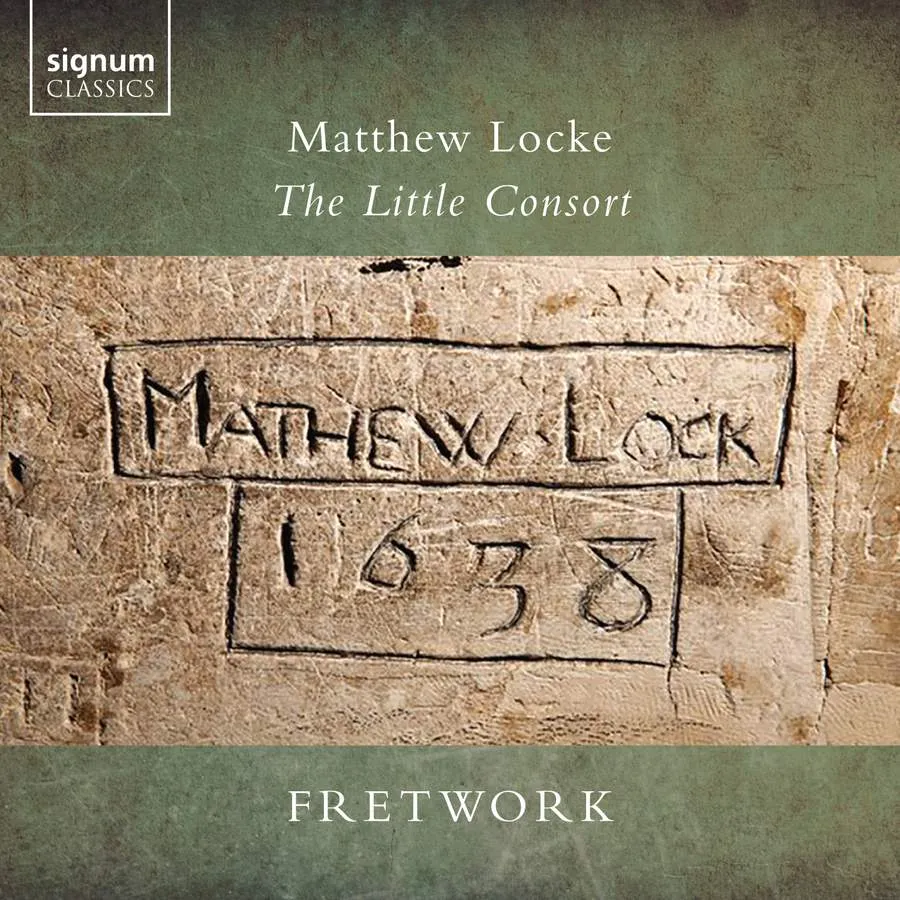
Locke The Little Consort Fretwork; David Miller (archlute, theorbo), Silas Wollston (harpsichord) Signum Classics SIGCD728 67:32 mins
Published in 1651, the ten suites of Matthew Locke’s Little Consort confirm that his music is as eccentric and resolutely English as his character. In the collection’s preface, the composer disparages ‘Forain Instrumental Compositions’ as well as the fashion for improvising elaborate embellishments, asking his performers, instead, ‘to play plain’.
Scored for three viols with the optional addition of theorbo and harpsichord continuo, each suite consists of four fleeting and contrasted dance movements – Pavan, Ayre, Courante and Sarabande – whose luminous and variegated textures create kaleidoscopic effects. Locke himself described these works as ‘facile and short’ (no doubt to appeal to dilettantes and students of the viol) yet they are nonetheless innovative and full of quirky touches, harmonic surprises and unusual melodic twists. His Pavans, particularly, have an elegiac weight that belies their brevity while his Courantes are richly inventive.
In most of the suites, Fretwork exploits the textural and percussive effects of the theorbo and harpsichord, which articulate the all-pervasive dance rhythms. Both instruments are played with terrific flair by Sergio Bucheli (theorbo) and Silas Wollston (harpsichord); close-placed microphones bring the inventive details of their realisations to the forefront. In the serene F major Suite No. 6, omitting the continuo highlights the sparse transparency of the three-part texture and Fretwork ‘play plain’ its interlaced melodies, weaving them into a sheer fabric of sound.
The players obviously relish these convivial musical conversations and the album makes for felicitous listening and, for the uninitiated, a perfect introduction to Locke’s viol consorts.
Kate Bolton-Porciatti